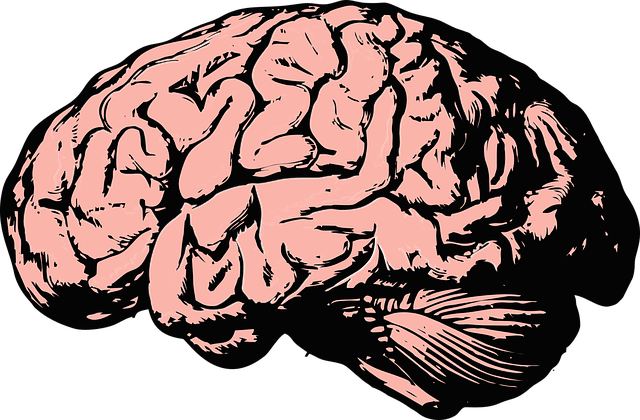
Post-traumatic stress disorder (PTSD) can be frightening and painful for people who experience it. Many Veterans suffer from this debilitating condition.
When an individual is a witness to violence, bloodshed, and the stress of combat, the brain’s structure changes and its functionality can be altered. These changes can make it difficult for the person to perceive and respond to stress in the same way they used to before the trauma occurred.
Common symptoms of PTSD include feeling anxious or “on edge,” feeling disconnected from others or “numb,” or feeling panicked or cornered.
The PTSD lawyers at Berry Law have helped many individuals who suffered PTSD, including Veterans who are deeply affected by traumatic events during their military service. We are here to inform you about your rights and help you seek the disability benefits that you deserve if you have post-traumatic stress disorder that may prevent you from working, supporting yourself and your family, and enjoying life like you once did.
Contact us now by phone or online to talk to a compassionate and knowledgeable member of our team.
According to the World of Psychology, nearly 50 percent of the U.S. population experiences a traumatic event at some point in their lives. That trauma can have severe and life-changing effects on the brain and its function. By recognizing the areas affected, it is possible to seek immediate treatment and potentially improve your chances of recovery and rehabilitation.
An extremely stressful or traumatic event may dramatically alter brain function in the following areas:
If you have PTSD, you may find that its effects can impact your daily life in many ways. Your mood may be dramatically changed, you may feel constant fear or anxiety, and you may find normal activities that you once enjoyed are now a source of extreme stress. You may find it difficult to work, and you may be concerned about how you will be able to support yourself and your family.
The PTSD attorneys at Berry Law firm understand how PTSD can alter the structure and chemistry of the brain. It is our mission to ensure that Veterans can get the treatment and support they need to live a full and healthy life.
Don’t despair. Studies also show that with the right treatment and therapy, the brain may be rewired, and the damage of stress may be reversible. Let us help you seek the benefits you need to get back on your feet and get the best help possible.
The PTSD attorneys at Berry Law are Veterans who have committed their careers to helping other Veterans, especially those who are suffering from PTSD. This condition is all too common for Veterans of our armed forces, and the lasting effects can be challenging to deal with.
It is important to note that PTSD symptoms vary from Veteran to Veteran, and symptoms may not appear for weeks, months, or even years after the traumatic event occurred.
If you or someone you love is suffering from post-traumatic stress disorder and the VA has rejected your disability claim, you do not have to accept defeat. Attorneys John S. Berry, Sr., John S. Berry, , Andrew D. Strotman, and the other aggressive trial lawyers of Berry Law are committed to helping Veterans pursue the benefits they need and deserve.
We know how vital disability benefits are to you and your family. Since 1965, we have worked hard to help Veterans just like you. There is a reason why thousands of Veterans from all military branches across the country have turned to our firm for help. Contact us today.
Our monthly newsletter features about important and up-to-date veterans' law news, keeping you informed about the changes that matter.